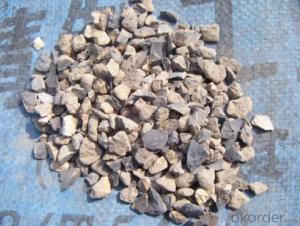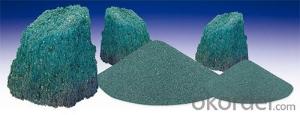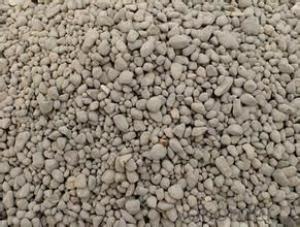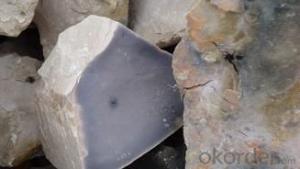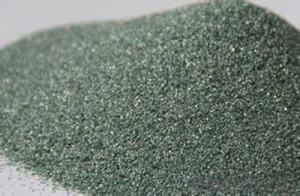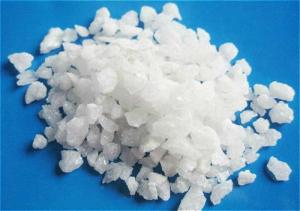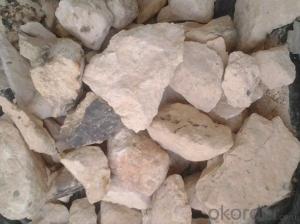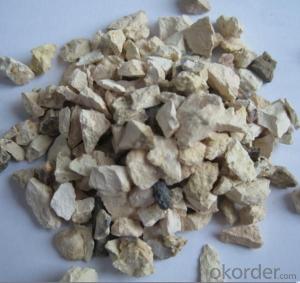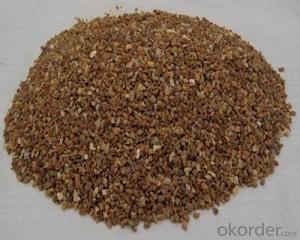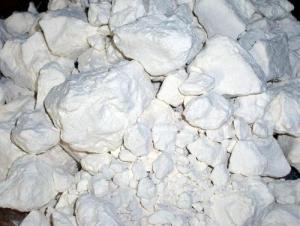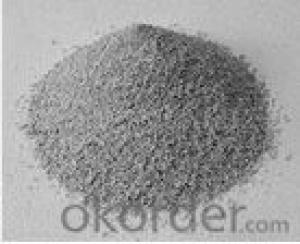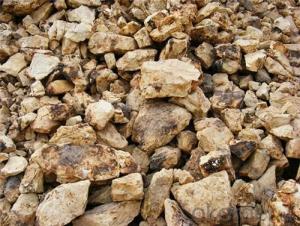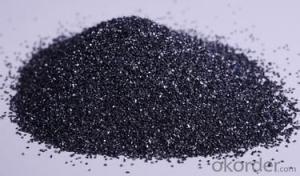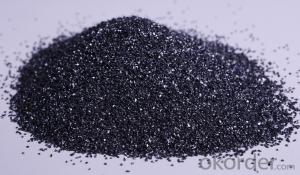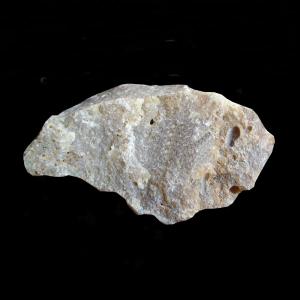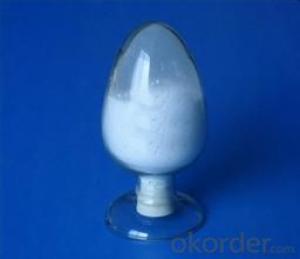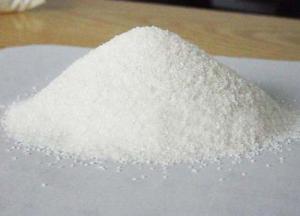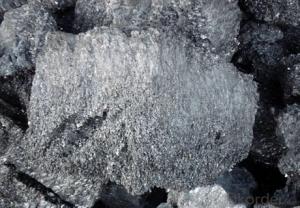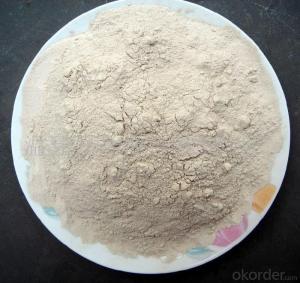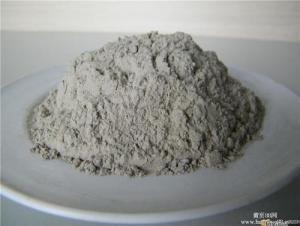All Categories
- - Steel Wire Rod
- - Steel Coils
- - Steel Profiles
- - Steel Pipes
- - Stainless Steel
- - Tinplate
- - Special Steel
- - Steel Sheets
- - Steel Rebars
- - Steel Strips
- - Hot Rolled Steel
- - Cold Rolled Steel
- - Pre-painted Steel
- - Seamless Steel Pipe
- - Welded Steel Pipe
- - Hollow Steel Tubes
- - Galvanized Pipe
- - Stainless Steel Coil
- - Stainless Steel Sheet
- - Stainless Steel Plate
- - Stainless Steel Strips
- - Electrolytic Tinplate Coil
- - Electrolytic Tinplate Sheet
- - Stainless Steel Rebars
- - Solar Panels
- - Solar Water Heater
- - Solar Related Products
- - Solar Inverter
- - Solar Cells
- - Solar Light
- - Solar Energy Systems
- - Solar Controllers
- - Solar Mounting System
- - Solar Pump
- - Solar Chargers
- - Fiberglass Chopped Strand
- - Fiberglass Mesh Cloth
- - Composite Pipes
- - FRP Pultrusion Profiles
- - Fiberglass Mat Tissue
- - Fiberglass Fabrics
- - Fiberglass Mesh
- - Composite Tank
- - Fiberglass Mesh tape
- - Polymer
- - FRP Roofing Panel
- - Fiberglass Roving
- - Monolithic Refractories
- - Ceramic Fiber Products
- - Refractory Bricks
- - Raw Materials For Refractory
- - Suspended Platform
- - Cranes
- - Concrete Machinery
- - Earthmoving Machinery
- - Building Hoist
- - Road Building Machinery
- - Plastic Pipe Fittings
- - Plastic Tubes
- - Plastic Sheets
- - Agricultural Plastic Products
- - Plastic Nets
Q & A
How are refractory materials rated for thermal conductivity and thermal insulation?
Refractory materials are rated for thermal conductivity and thermal insulation based on their ability to conduct heat and their capacity to resist heat transfer, respectively. These ratings are determined through various laboratory tests and measurements, such as thermal conductivity tests and heat flow analysis. The lower the thermal conductivity rating of a refractory material, the better it is at resisting heat transfer, while a higher thermal insulation rating indicates its efficiency in preventing heat loss or gain. These ratings play a crucial role in selecting the appropriate refractory material for specific applications where thermal resistance and insulation are critical factors.
How does lithium oxide contribute to the performance of refractory materials?
Lithium oxide, also known as Li2O, contributes to the performance of refractory materials by enhancing their thermal stability and resistance to high temperatures. It has a high melting point and low thermal expansion, which allows refractory materials containing lithium oxide to withstand extreme heat without significant deformation or cracking. Additionally, lithium oxide acts as a flux, reducing the melting point of other refractory components and improving their sintering ability. Overall, the inclusion of lithium oxide in refractory materials enhances their durability and performance in high-temperature applications.
How do refractory raw materials differ from conventional construction materials?
Refractory raw materials differ from conventional construction materials in their ability to withstand extremely high temperatures without losing their strength and integrity. Unlike conventional materials like concrete or steel, refractory materials are specifically designed to resist heat and thermal stress, making them ideal for use in industries such as steelmaking, glass manufacturing, and kiln construction. These materials are composed of minerals and additives that have high melting points and low thermal conductivity, allowing them to retain their properties even in severe heat conditions.
What are the main properties of refractory raw materials?
The main properties of refractory raw materials include high melting points, low thermal conductivity, excellent chemical resistance, and good mechanical strength. These materials are capable of withstanding extremely high temperatures without melting or deforming. They also have low thermal conductivity, meaning they can effectively resist heat transfer. Additionally, refractory raw materials exhibit excellent chemical resistance, making them resistant to corrosion and chemical reactions. Lastly, they possess good mechanical strength, allowing them to maintain their structural integrity under high temperature and mechanical stress conditions.
Wholesale Raw Materials For Refractory from supplier in Tanzania
We are a Raw Materials For Refractory supplier serving the Tanzania, mainly engaged in the sale, quotation, and technical support services of various Raw Materials For Refractory products in the Tanzania region. We are a subsidiary platform of the Fortune Global 500 company CNBM, able to provide you with one-stop Raw Materials For Refractory procurement services in the Tanzania. Not only do we have a wide range of Raw Materials For Refractory products, but after years of market development in the Tanzania, we can also provide valuable experience for your projects.
Hot Search
- Monolithic Refractories in Somalia
- Ceramic Fiber Products in Lesotho
- Refractory Bricks in Botswana
- Raw Materials For Refractory in Sweden
- Ceramic Fiber Products in Monaco
- Ceramic Fiber Products in Grenada
- Ceramic Fiber Products in Argentina
- Ceramic Fiber Products in Armenia
- Raw Materials For Refractory in France
- Refractory Bricks in Latvia
